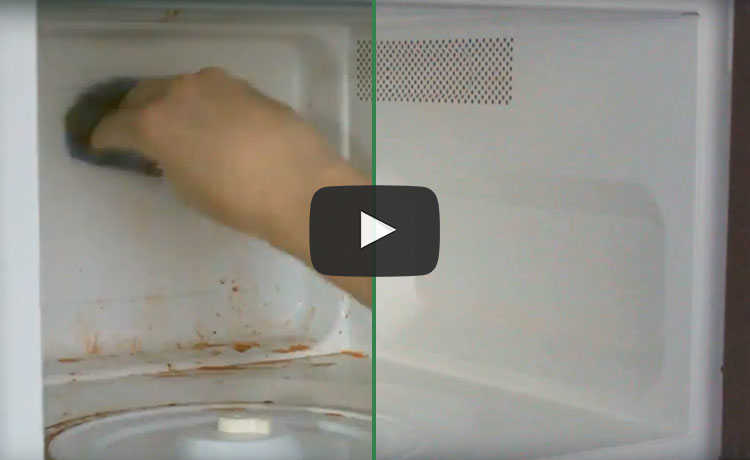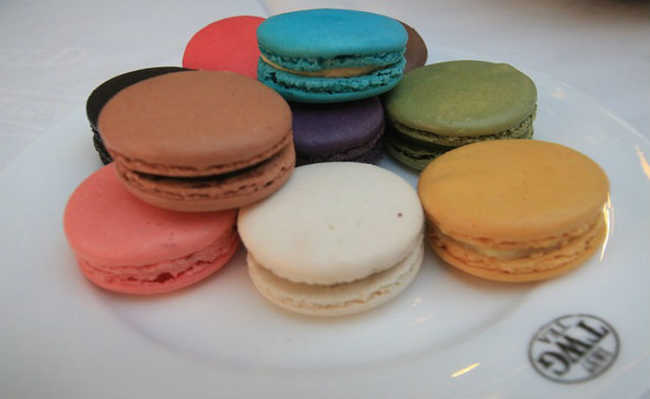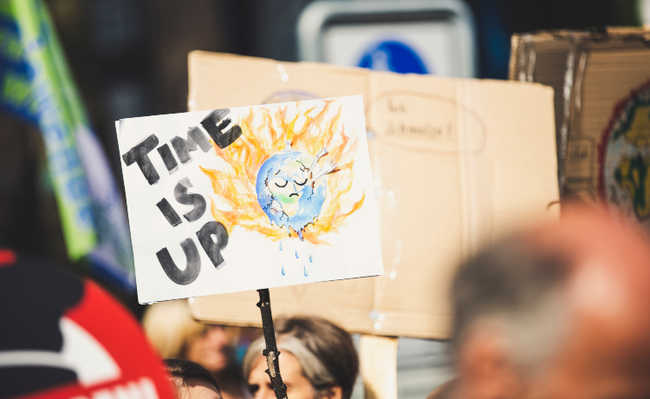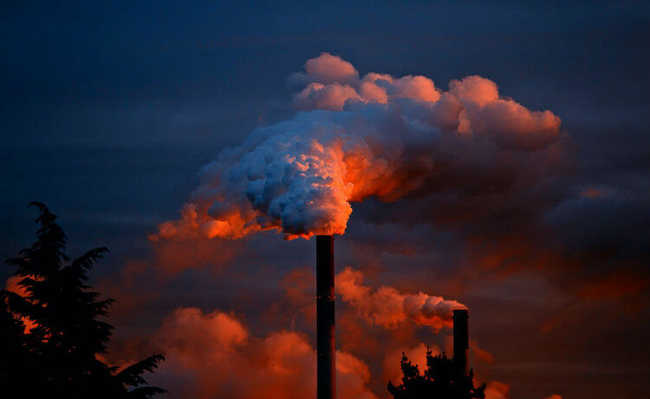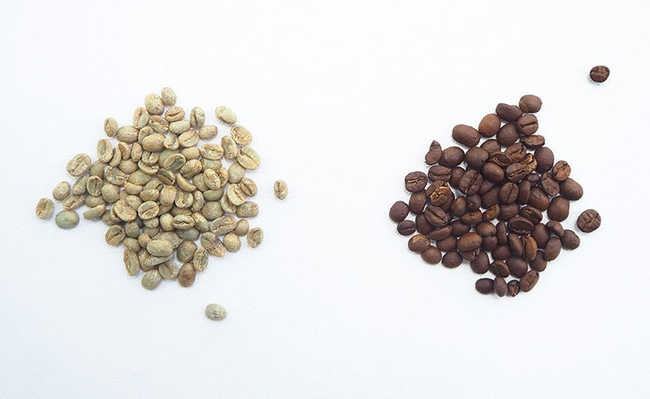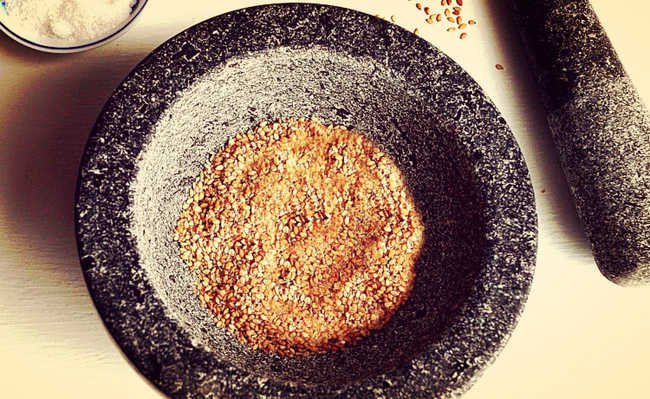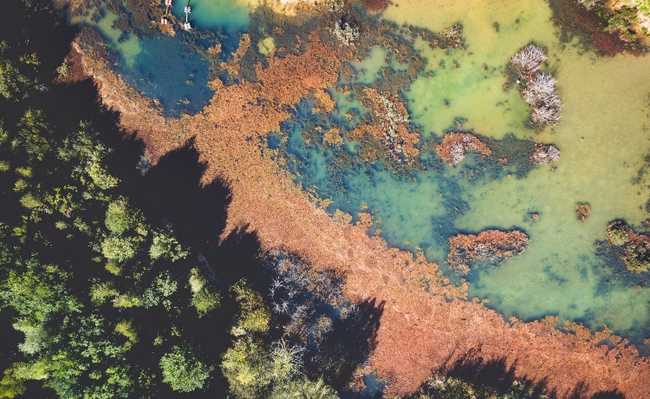Why does water have validity
Each type of storage determines a different shelf life for water. Understand:

Edited and resized image Noppadon Manadee, is available on Unsplash
Not everyone believes that water is valid, but the fact is that any type of water storage has a time limit. Understand:
- How to capture and store rainwater
tap water
Tap water can be stored and consumed for up to six months with minimal risk of adverse side effects, as long as it has been stored properly (see studies about it: 1, 2, 3).
However, tap water that has been carbonated (carbonated) can change flavor over time as the gas escapes. However, despite the change in taste, up to six months, the water is considered safe to drink.
- Is sparkling water bad?
If you're thinking about storing tap water, use clean, sanitized containers, preferably glass or ceramic. Label them with the filling date and indicate that they contain drinking water. Store containers in a cool, dry place and protected from light for up to six months (see study about it here: 4).
Bottled water is valid
Although the water itself does not "spoil", water that has been bottled in plastic has an expiration date. That's why it's not a good idea to drink water from plastic bottles long past the expiration date.
This is because plastic can start to penetrate the water over time, contaminating it with chemicals such as antimony and bisphenols (see studies about it here: 5, 6, 7). Learn more about bisphenols in the article: "Know the types of bisphenol and their risks".
- Plastic water bottle: dangers of reuse
If ingested regularly, these plastic compounds can slowly accumulate in your body, impairing intestinal health, immunity and respiratory function (see studies on this here: 8, 9).
In addition, carbonated bottled water can eventually run out of gas, losing its carbonation and developing an unpleasant taste.
Storage Tips
Proper storage of bottled water can help prevent bacterial growth and reduce the risk of side effects such as nausea, stomach pain, vomiting and diarrhea (see study on this: 10).
- Seasickness Remedy: 18 Home Style Tips
- Diarrhea Remedy: Six Home-Style Tips
High temperatures can promote bacterial growth and increase the release of harmful plastic chemicals into the water (see studies about it here: 11, 12).
Keeping bottled water cool and out of direct sunlight can help promote adequate food safety and reduce the risk of negative health effects.
As plastic bottles are also slightly permeable, it is best to store bottled water away from cleaning products and household chemicals.
If you notice that your water has developed a strange taste or odor, you should boil it before drinking or disposing of it.
Therefore, it is best to avoid commercially bottled water beyond the expiration date. Practicing proper storage techniques can help reduce the risk of side effects and ensure your drinking water is safe to drink.

